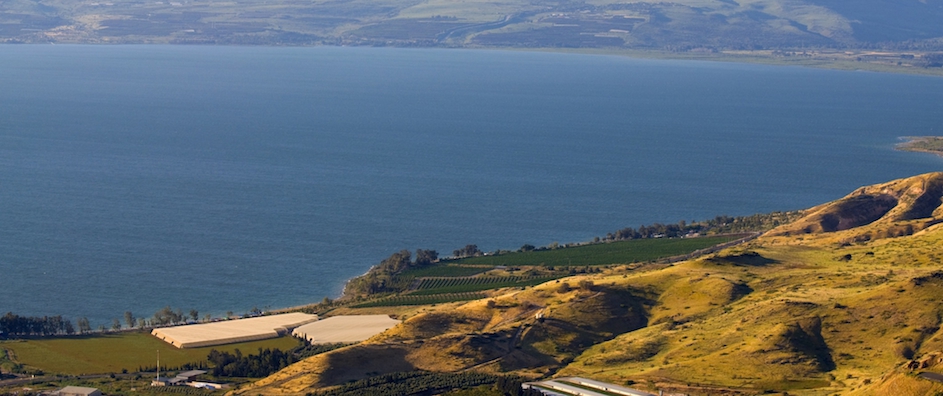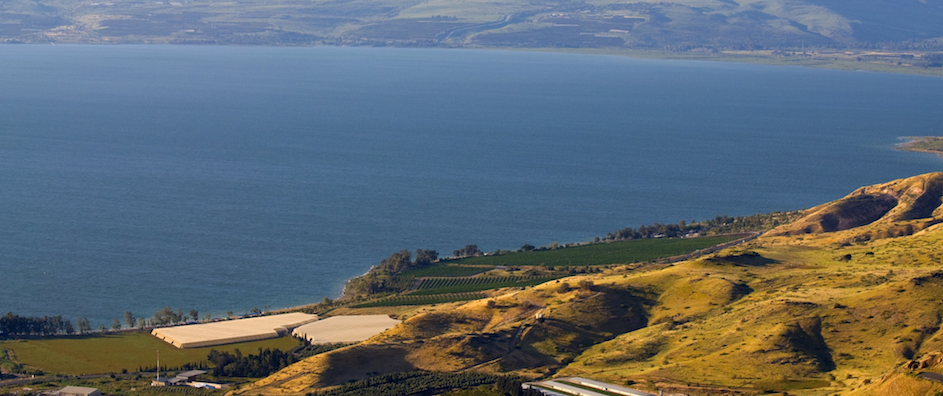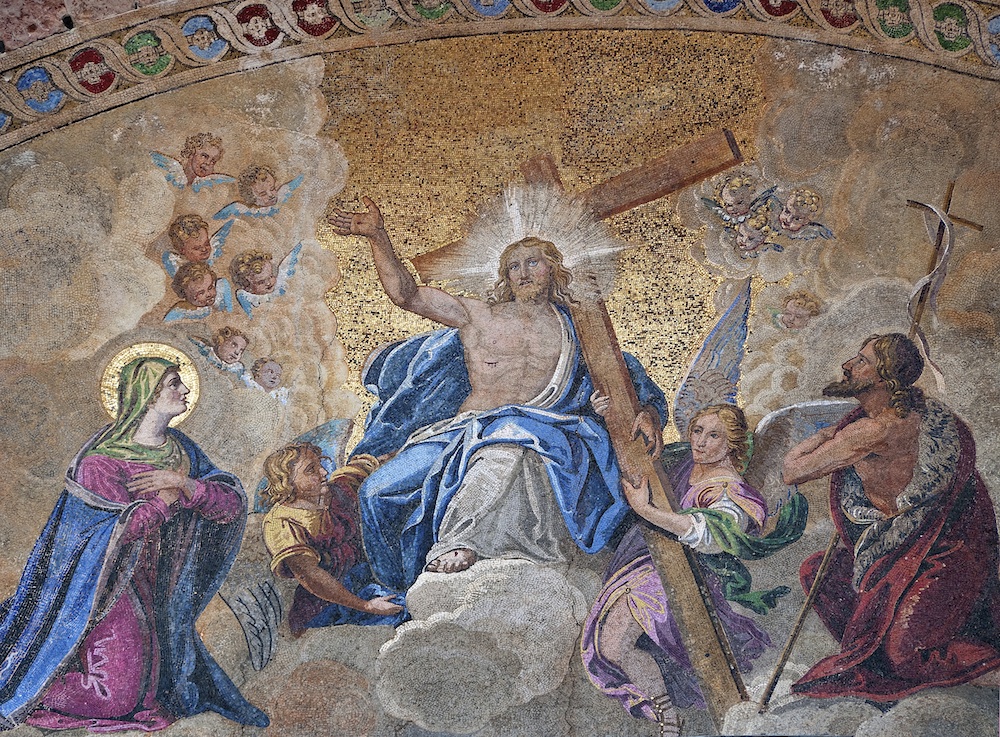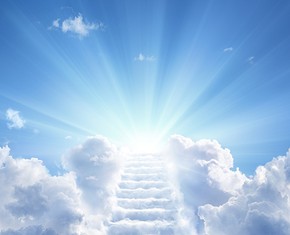The views expressed in our content reflect individual perspectives and do not represent the authoritative views of the Baha'i Faith.
[Editor’s Note: This is the tenth installment of a multi-part essay called “Questions from a Clergyman”. Click here to read from the beginning.]
In a series of “Cult Nights” a local church held to investigate the Baha’i Faith, Pastor Dan’s penultimate “Cult Night” question was about resurrection. He asked:
“Doesn’t the Bible teach a physical Resurrection?”
The Apostle Paul deals with this subject in I Corinthians 15. Theologians use this letter as the foundation of the doctrine that without physical resurrection of the human body, a Christian’s faith is in vain.
Now if Christ is preached that He has been raised from the dead, how do some among you say that there is no resurrection of the dead? But if there is no resurrection of the dead, then Christ is not risen. And if Christ is not risen, then our preaching is empty and your faith is also empty.
Paul goes on to offer a description of what “resurrection” means. In I Corinthians I 15:35-55, he writes:
But someone will say, “How are the dead raised up? And with what body do they come?” Foolish one, what you sow is not made alive unless it dies. And what you sow, you do not sow that body that shall be, but mere grain… There are also celestial bodies and terrestrial bodies; but the glory of the celestial is one, and the glory of the terrestrial is another. There is one glory of the sun, another glory of the moon, and another glory of the stars; for one star differs from another star in glory. So also is the resurrection of the dead. The body is sown in corruption, it is raised in incorruption. It is sown in dishonor, it is raised in glory. It is sown in weakness, it is raised in power. It is sown a natural body, it is raised a spiritual body. There is a natural body, and there is a spiritual body. And so it is written, “The first man Adam became a living being.” The last Adam became a life-giving spirit….
Now this I say, brethren, that flesh and blood cannot inherit the kingdom of God; nor does corruption inherit incorruption. Behold, I tell you a mystery: We shall not all sleep, but we shall all be changed—in a moment, in the twinkling of an eye, at the last trumpet. For the trumpet will sound, and the dead will be raised incorruptible, and we shall be changed. For this corruptible must put on incorruption, and this mortal must put on immortality. So when this corruptible has put on incorruption, and this mortal has put on immortality, then shall be brought to pass the saying that is written: “Death is swallowed up in victory. O Death, where is your sting? O Hades, where is your victory?”
Here, Paul depicts resurrection as spiritual, not physical. He says plainly that the “body” resurrected is not the physical body that is “sown” and that a “natural body” is followed by a “spiritual body”. He makes it clear that this spiritual body is nothing like the physical one, and uses two metaphors to make this point: the difference between mature grain and bare seed, and the difference between a moon and a sun.
A moon, an inert rock that casts no radiance of its own, can only reflect what shines on it — an apt metaphor when applied to the human condition. A sun, made of a different substance altogether, sheds its own radiance. “So also is the resurrection of the dead,” Paul says. “It is sown a natural body; it is raised a spiritual body.”
Christ’s resurrection, of course, is the prototype of the resurrection of the human soul. His victory over death illustrates the potential of the believer: “But every man in his own order: Christ the first-fruits; afterward they that are Christ’s at his coming.” (I Corinthians 15:23). It follows that if Christ’s resurrection is a spiritual one, then so must ours be. Paul makes this exact point when he compares and contrasts the “first Adam” (a “living being”) with “the last Adam” (Christ), whom he says is “a life-giving spirit.”
Further, Paul states emphatically that “Flesh and blood cannot inherit the kingdom of God.” Here he quotes the words of Jesus to Nicodemus. Recall the context for these words originally: Jesus tells Nicodemus he must be reborn—not of flesh, but of the spirit. What, after all, is Christ’s message about real life? Is it the life of the body, or the life of the spirit?
I think this sheds a light on the “mystery” Paul speaks of in the verses above — that all shall not “sleep” (that is, die) but shall be changed. If the change stands for the spiritual transformation of rebirth, this makes perfect sense, since it is something that happens to those who are physically alive, but spiritually dead.
Clearly, Paul does not preach a physical resurrection for Jesus or for us, yet this spiritual resurrection is what he calls upon the believers to have faith in and concludes: “Death is swallowed up in victory. O Death, where is your sting? O Hades, where is your victory?”
This seems consistent with what Christ tells us: “the words that I speak to you, they are spirit, and they are life. – John 6:63.
It also reflects the words of Baha’u’llah on the subject, which I shared with a group of Pastor Dan’s congregants:
The nature of the soul after death can never be described, nor is it meet and permissible to reveal its whole character to the eyes of men. … The world beyond is as different from this world as this world is different from that of the child while still in the womb of its mother. When the soul attaineth the Presence of God, it will assume the form that best befitteth its immortality and is worthy of its celestial habitation. – Gleanings from the Writings of Baha’u’llah, p. 157.
Would it surprise you to hear that my new Christian friends agreed that there was no conflict between what Paul and Baha’u’llah said? The soul remains indescribable — a spiritual essence, not a physical one.
Next time: The Baha’i Faith and the Church Councils: Baha’i and Church Doctrine
Read the previous article in the series: False Prophet?


















Comments
Sign in or create an account
Continue with Googleor